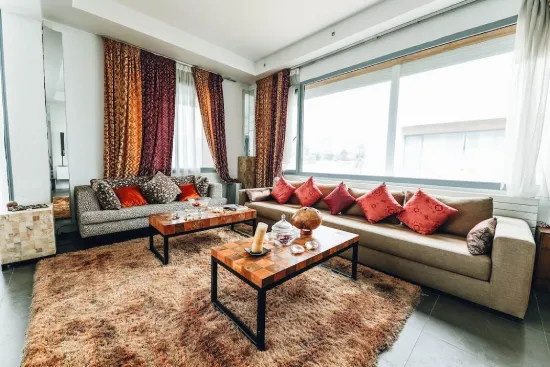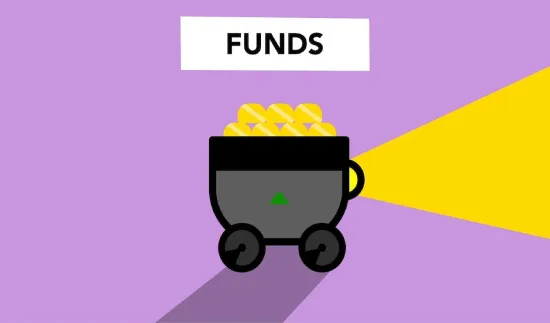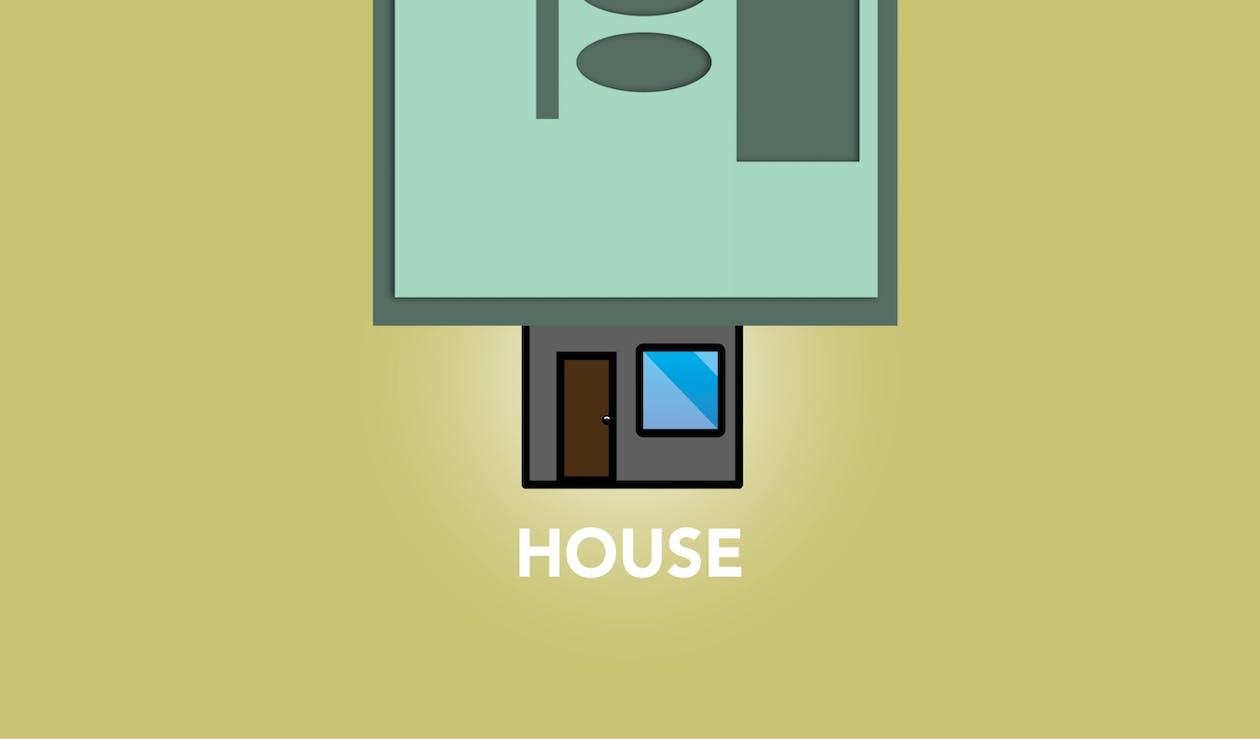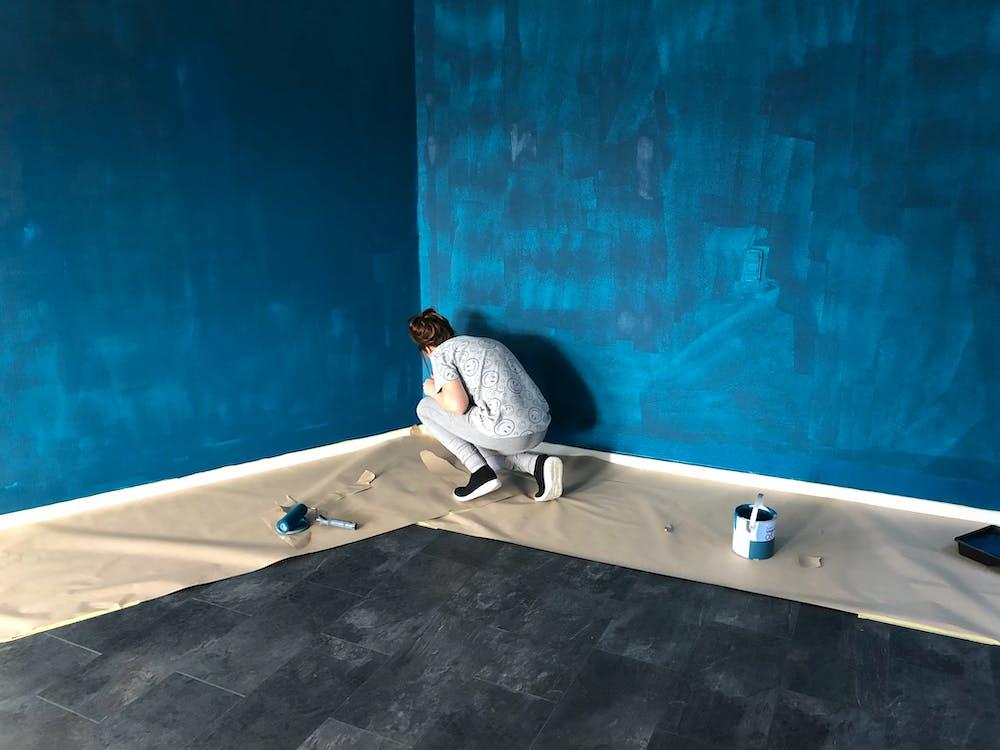What Should You Look For In A Townhouse Or Single Family In NYC?
One of the first things you should look for in a single-family townhouse is whether it has been legally converted for a single-family (with the right certificate of occupancy). You can also look for townhouses with multiple residential units if you want to rent out one or all of the units for rental income.
Other important things to look for are:
Location: Unlike condos and co-ops, where the location of the apartment building (within the neighborhood) is considered as a whole, townhouse locations are assessed individually. The location of the townhouse within the block can also impact its purchase price and resale value. How close the townhouse or single-family is to the neighborhood attractions is also important to note.
Construction: Whether a townhouse is a brownstone, limestone, or brick can also make a difference, not just in aesthetics but in renovations as well. The age of the property is also an important feature. You may find an old townhouse with many of the original design features a better purchase (due to its character) than a recently renovated modern townhouse.
Landmark Status: If a townhouse has landmark status, you will need permission from both the Department of Buildings (DoB) and NYC Landmarks Preservation Commission (LPC) for any renovations or expansions.
Condition: When you buy a townhouse in NYC, you will be solely responsible for the renovations, upkeep, and maintenance. So if you are comfortable finding the right licensed contractor and architect and overseeing the renovations of your townhouse, you can choose one that needs extensive work. If not, you should limit yourself to recently renovated or well-maintained townhouses, even if you have to pay more.
Width: The usual townhouse width in NYC is between 18 to 20 feet. The width impacts how much natural light and air would be available as well as the layout. Wider and more spacious rooms are easier to decorate and are usually more attractive than narrow and deep rooms. This is why the width also influences the price of the property. Wider than normal townhouses (25 feet or more) are called trophy properties and might fetch a much higher price.
Current Tenants: If you are buying a townhouse with multiple units and some of them are rented out, you need to decide whether to keep the current tenants or find new ones as soon as the current lease expires. You will not be able to vacate tenants or might have to make arrangements if you want to renovate the property before their lease is over.
Down Payment: For most single-family townhouses, you may not be expected to put more than 20% in a down payment. The actual amount you need to put down might be much higher than a condo or co-op due to the higher property price. However, your lender might ask for a bigger down payment for townhouses with more units.
Buying A Townhouse vs. Buying A Condo/Co-op
Buying a townhouse is very different from buying a condo or co-op. And it’s not just about the buying process but about owning the property. Some advantages are:
- Townhouses offer more privacy and control over the premises.
- The property taxes are significantly lower than condos since most townhouses are classified as one to three-family homes and are taxed as such, unlike condos that are taxed as rental properties.
- You don’t have to deal with the board at the time of buying or whenever you need to renovate or make changes to your property.
- Even if you don’t get your own backyard or outdoor space with a townhouse or single-family, you may take advantage of your roof (like putting up a roof deck).
- You can Airbnb part of your home, something you can’t do with apartments due to short-term rental laws.
- There are no maintenance fees or common charges. Even though you have to pay for your property’s maintenance, you save a lot by not paying for your share of a large building’s upkeep and amenities.
Some advantages are:
- The inventory is much smaller. There are fewer townhouses and SFH compared to apartments.
- The prices are much higher on average.
- Townhouses and SFH come with fewer amenities, and you, the buyer, will be responsible for the upkeep of the property. However, it can be shared if the neighborhood (or part of it) collectively hires a super/property manager.
- The due diligence (including title search) for townhouses and single-family homes can be more demanding than it is for apartments.
- Maintaining the house might cost you more as the whole property is your responsibility. You will also be responsible for paying your water bill and tax bill, something that’s usually rolled in the co-op maintenance fees.
Importance Of Inspection When Buying A Townhouse or Single-Family
When buying a townhouse or a single-family, you should make your offer contingent on the property passing a professional inspection. At worst, you should get an inspection as soon as you get an accepted offer, so that you can get the report back prior to going into contact. Since you will be solely responsible for any major expenses down the road, like replacing a roof or basement restoration, it’s important that you know what you are getting into.
The best thing to do is to hire licensed inspectors that specialize in these properties. They will look for problems common in these properties like mold, water damage, flaws in the foundation, etc.
A thorough inspection report can reveal the major problems with the property, and you can either ask the owner to lower the price or give you credit for repairs. You can even walk away from the deal if you think the property requires too many repairs (thanks to the contingency) or if you aren’t in contract yet, as an accepted offer by itself is not binding. A comprehensive report can also help you make informed decisions about renovations, restoration, and even insurance coverage.
Tips When Buying A Townhouse Or Single-Family in NYC
- Work with professionals (real estate agents, attorneys, inspectors, etc.) that specialize in townhouses and single-family homes.
- Make sure to get the right insurance coverage. It may cost you more, but it would be smart to have flood coverage in an area that’s prone to flash floods or provisions that the insurance will not just pay you for repairs but restoration to the old form (which might be costlier) in case of damage.
- Find out if there is a homeowner’s association or any communal charges in the neighborhood and what they are.
- If you are buying a multi-unit townhouse and plan to rent it out (fully or partially), make sure to consult an accountant/tax expert and identify all the tax deductions you can get. You should also learn about the tenant protection laws before leasing your townhouse units.
- As a homeowner, you will be responsible for keeping the sidewalk “abutting” your property (attached to your property) in a reasonably safe condition. You may be liable for any damages or injuries caused by an unsafe sidewalk that you are responsible for.
- Townhouses with rent-controlled units might be more affordable than the usual stock, but there are also many more complexities involving them.















